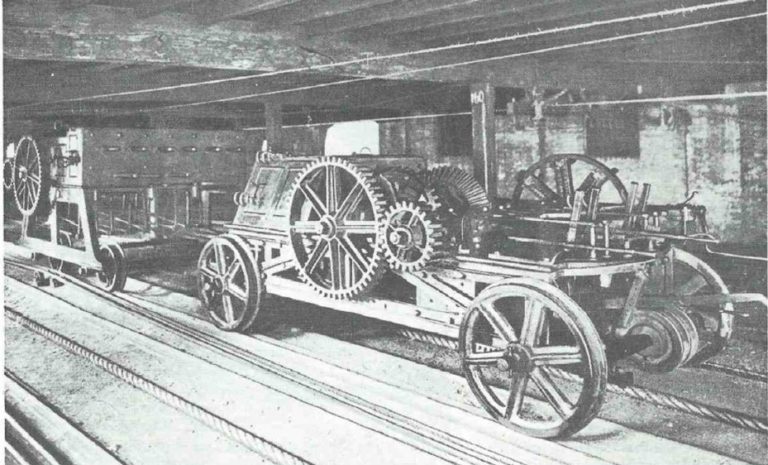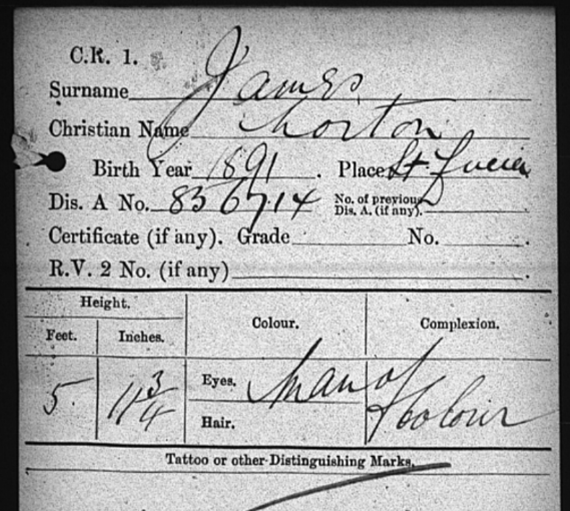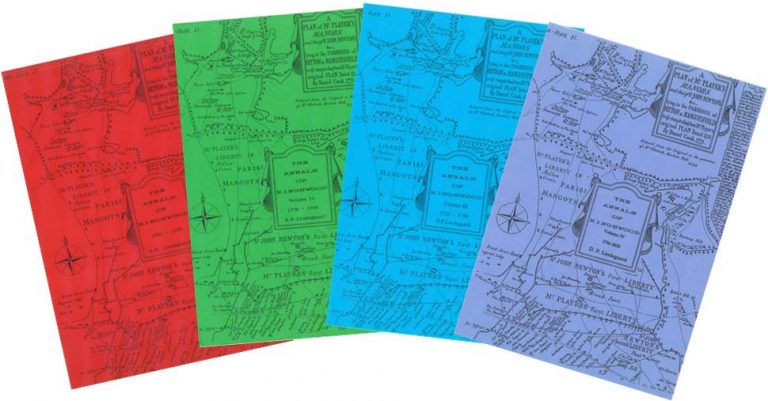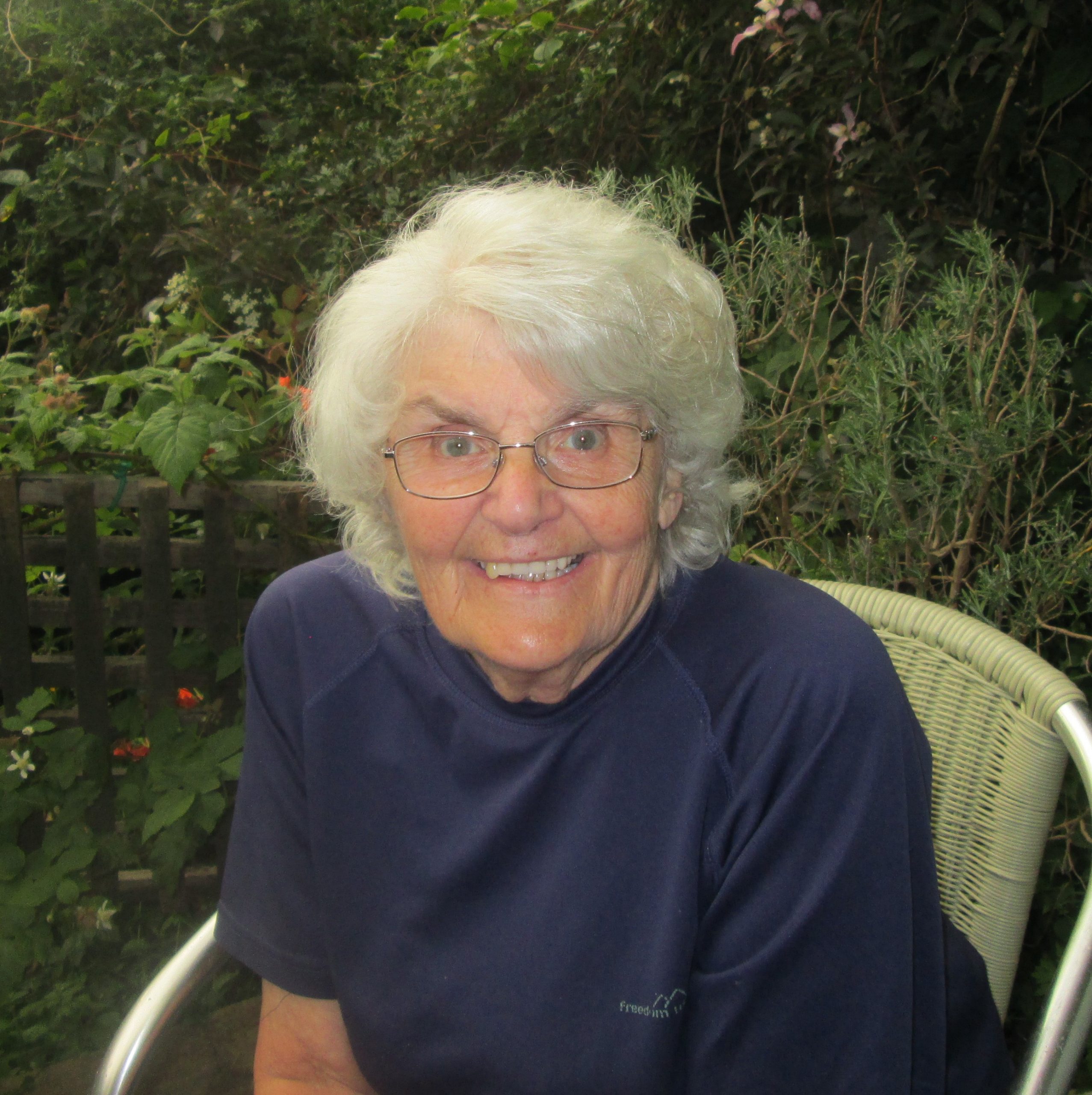
I told my son, “I’d like to go to a concert one of these days.” He pounced at once. My Dad would have said, “like a dog on a rabbit.” He, my son, is an exceptional self-taught musicologist (see his blog www.aaron-copland.com). As for me, “I know what I like”. His initial suggestion sounded too modern for me. (Not casting aspersions, but A-tonal or Rap? Each to her own. “I’d do anything for love, but I won’t do that.”) As to his second offer, I wasn’t really listening, but I caught the word “Sappho” and was seduced. Now if you’ve looked at this blog at all you’ll know about ‘Sappho’ and my passion for the little ships (with their “salt-caked smokestacks”), not forgetting the crews of hardy seamen, who for a thousand years traded up and down the perilous Bristol Channel and beyond. Many of the ships of the Bristol Steam Navigation Co. were named after classical people, real or mythical. My punning title “Sappho and her Sisters”, still makes me purr slightly. I’ve just added a sequel, “The Master of the last ‘Sappho’”.
I was not silly enough to think the concert would be about my ‘Sappho’ but I was expecting Sappho the poet. All about connections you see. As it turned out it was not about the poet either, though there is an indirect nod to an ancient Greek theme in the title “Odyssey”. We were en route to the Bristol Beacon last Sunday, (28th Jan. 2024) when all was revealed. I had not heard of the composer of “Odyssey”, Jonathan Dove CBE before. (I am glad to have rectified this and have made the acquaintance of his chorale “Sappho Sings” available online. I can now say I am a fan.) “Odyssey” is Dove’s musical interpretation, with his librettist Alasdair Middleton, of a harrowing refugee journey, sung by Francesca Chiejina, as “Mother” and Thando Mjandana as “Him”, with full Orchestra and massed Bristol Choirs. The haphazard way the journey begins.
“My auntie knows a man, who knows a man, who….
Fleeing from war. Parting from loved ones. Crossing many borders. Danger and death lurking at every corner. Fear of shadows, police, soldiers, trouble, even fellow migrants. Walking, walking. A series of lorries, the network of organised trafficking, anonymous drivers, one after another. A detail in the libretto tells it in a few awful repetitive words
“into the black, into the truck, into the black, don’t look into his eyes”
Which brought me back to the horror of the 39 Vietnamese, men, women and children, aged from fifteen to forty-four, who were found suffocated to death inside an air-tight container lorry in 2019. In Essex……
……a theme which also evokes historic loading of people in other scenarios, the cruelty of humans dehumanising other humans, for money, for political ideology, cattle trucks, slave ships…
Migrants can come from anywhere. In another life it could be you. Many can’t continue the odyssey. Injured, ill, caught, forcibly repatriated, even before they get the chance to get to the sea, which many have never seen before. The ocean before them stretches on forever. Old Breton fishermen would pray, “Dear God, be good to me. The sea is so wide, and my boat is so small.”
“We are too many” sings the tenor, a terrified Everyman, as they are crammed aboard vessels which can hardly be called boats at all.
Some drown. Many. Too many to count. And not just in the Mediterranean. Almost daily we learn of another tragedy in the English Channel. Our sea. My daughter, who was also at the concert with her son, tells us of the migrants, often their dead bodies, washed up in Fuerteventura. They have faced the perils of the Atlantic Ocean, allegedly “the most dangerous route of all”, hopefuls who have crossed deserts from sub-Saharan Africa and Morocco, then to risk the temper of the sea in flimsy craft, anything to get to the Canary Islands, Spanish territory. Spain.
The recurring theme of the oratorio is “Europa”.
“Economic migrants” is used as a pejorative phrase. But isn’t this natural? To want something better? Banana boats used to come regularly into Bristol. Guess what? They attracted stowaways, economic migrants. Bristol’s “banana boats” were famous. The Tilapa was the first to bring a load of bananas into Bristol at the end of the Second World War amid widespread rejoicing. “Richard Hendy, mariner” the subject of another of my blogs, was on board Tilapa on the great occasion, as were four stowaways. Two jumped overboard within sight of Clevedon Pier and were last seen swimming a mile offshore. They are believed to have drowned in the tidal waters.
Richard now a venerable 97, said,
“Poor chaps. I expect they thought the sea would be warm, like Jamaica. Not like the Bristol Channel in winter. They went over the side. I thought what a terrible thing to do. Just imagine going into the sea in the dark.”
The other two stowaways gave themselves up on arrival and disappeared into the melting pot. Who knows what happened to them? No picnic undoubtedly. “No Blacks, no Irish, no……” But perhaps they thought, as with another recurring theme of “Odyssey”
“This Hell is better than the Hell we left behind.”
Perhaps there is hope there. The theme of the weekend’s performances was “Be Kind”. Much of it featured children.
———–
Postscript:
May I say how much I also enjoyed “Tabonga”. I really wish it could have been longer. For me, though, it belonged in a different concert.









Leave a Comment